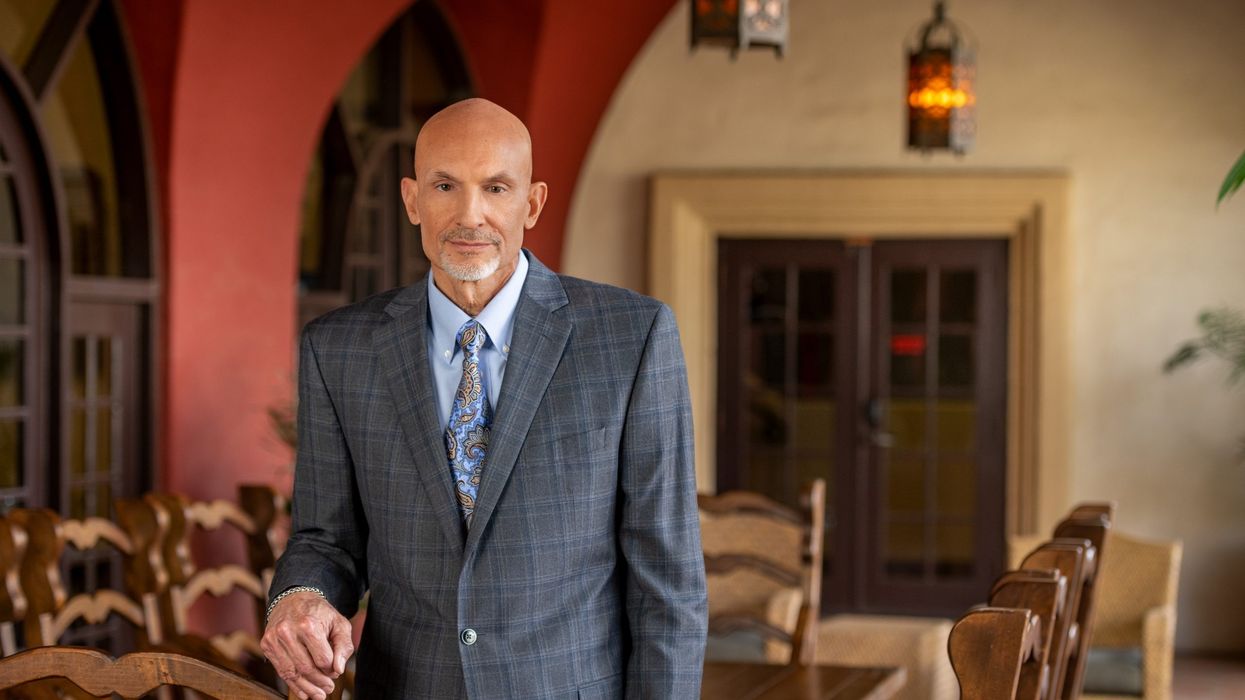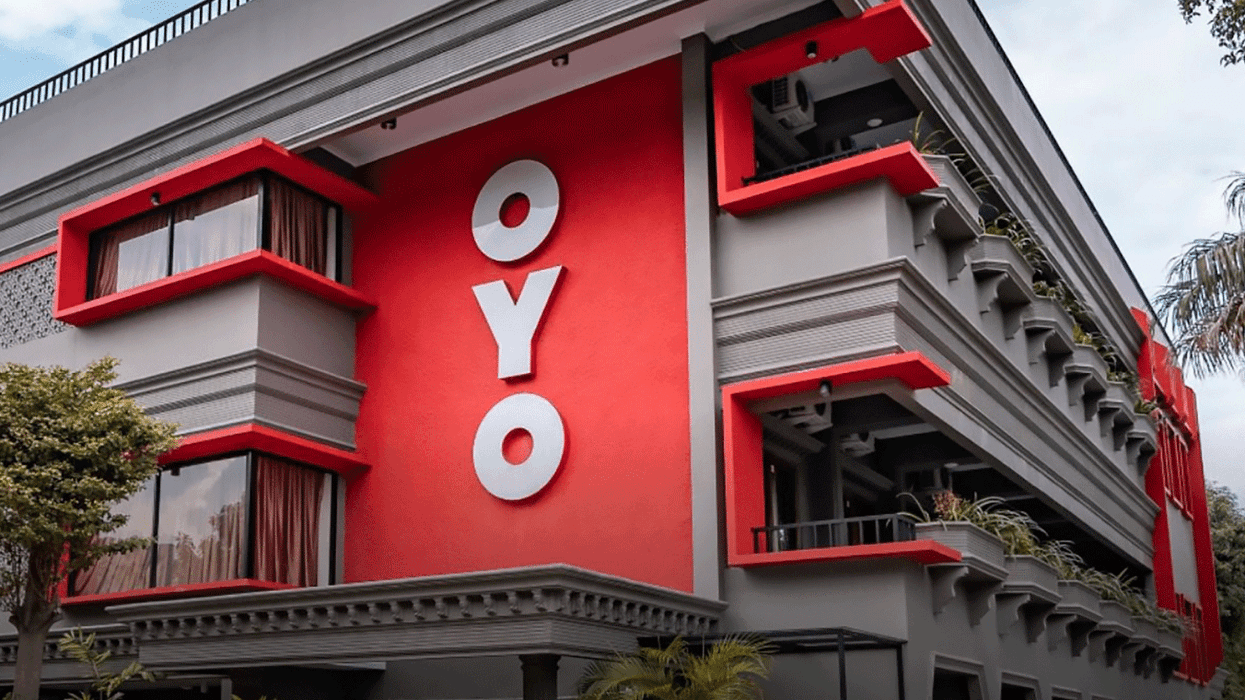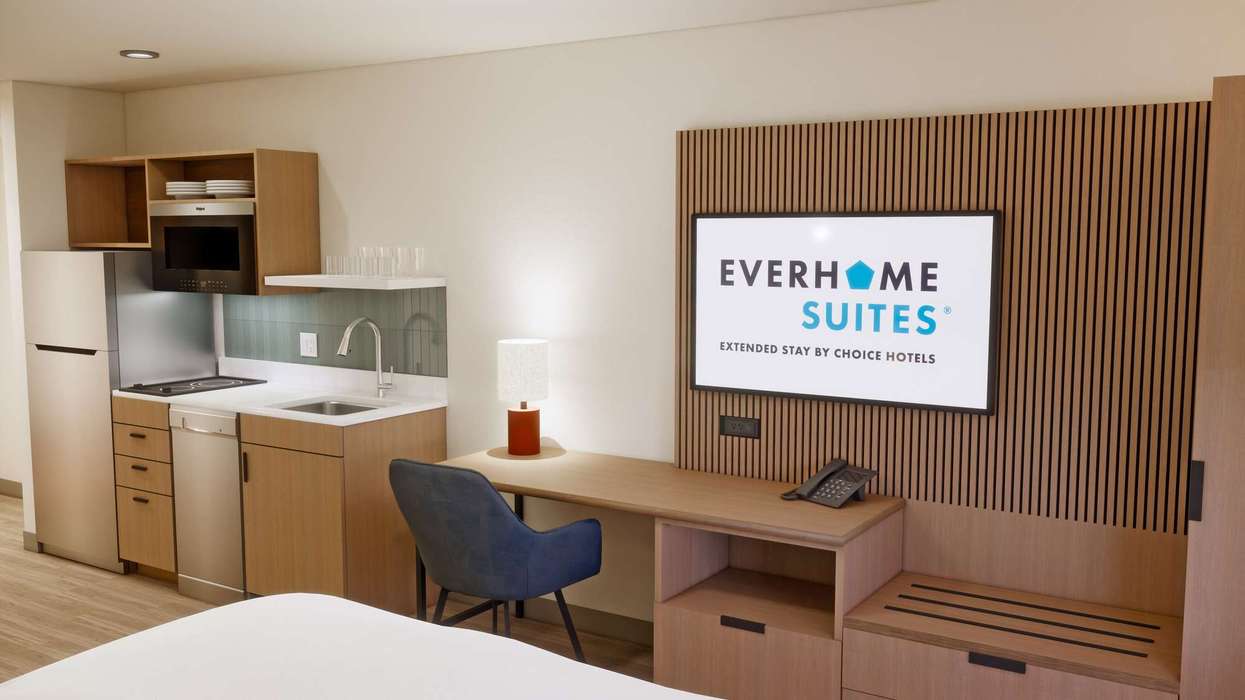BEST WESTERN HOTELS & Resorts is the most recent large hotel company to meet with AAHOA leaders over the association’s 12 Points of Fair Franchising. The two parties discussed their ongoing relationship and the needs of the industry.
Members of the Best Western team included Larry Cuculic, president and CEO; John Kelly, board chairman; Danny Lafayette, board vice-chairman; Phil Payne, board secretary-treasurer; and board directors Mike Merchant, Ishwar Naran, Viral “Victor” Patel and Stephen Wahrlich, according to AAHOA. Best Western has a portfolio of 19 brands, and approximately 4,500 hotels across all chain scale segments, and it joins G6 Hospitality, parent company for the Motel 6 and Studio 6 brands, in reviewing the 12 points.
“Best Western Hotels & Resorts has been a longtime partner of AAHOA – a span of time that includes more than three decades – and we always welcome the opportunity to continue the dialogue for the betterment and prosperity of the entire industry,” said Nishant “Neal” Patel, AAHOA chairman. “Our recent meeting underscores how open communication, collaboration, and partnership are key to maintaining a fruitful relationship that benefits both organizations and, ultimately, the industry as a whole.”
During the meeting, AAHOA also outlined several of its recent initiatives involving issues in the industry, including legislative advocacy efforts at the federal and state levels, its newly launched women hoteliers’ HerOwnership initiative and event and its support for the next generation of hotel owners via upcoming Young Professional initiatives.
“We commend the leadership of Best Western Hotels & Resorts for the manner in which they operate as a membership organization, along with their continued commitment to AAHOA Members and their willingness to engage in constructive dialogue regarding AAHOA’s 12 Points of Fair Franchising as an educational tool,” said Laura Lee Blake, AAHOA president and CEO. “The leadership of Best Western Hotels & Resorts practices what they preach. Throughout the COVID-19 pandemic, the company gave $65M back to its members, and during this time did not lose one owner for financial reasons. They are now returning another $15M to their members in 2022. We applaud them for making decisions that exhibit fairness at the highest levels, and we are proud to recognize them as true partners for the betterment of the entire industry,” she said.
Cuculic said in a previous interview for Asian Hospitality’s upcoming Leadership Series that there are several similarities between AAHOA and Best Western that make them natural partners.
“When you look at AAHOA’s structure, they’re a membership structure so we are more closely aligned than any other hotel brand in the world. They are members, we're members. Keep in mind as well, that we are firm believers in dealing with anyone, not just AAHOA members, openly, fairly and reasonably,” Cuculic said.
As for the 12 Points, Cuculic said Best Western already implements similar policies.
“We disclose all of our contract terms throughout the negotiation. I tell our people, I believe in karma. Karma doesn't forget a name or an address,” he said. “If you treat someone who's thinking about coming into your brand reasonably fairly, and then when they sign a contract, you drive revenue to them. That's a win-win relationship. That's what we want. If you don't have that win-win relationship, they're going to leave and your reputation is that you don't support your hoteliers or believe in that relationship, which then hinders development.”






